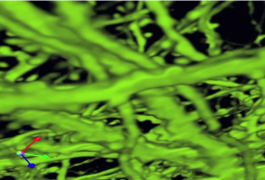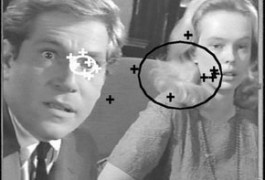Video: A landscape view of DNA modifications
In a video interview at the 2011 Society for Neuroscience annual meeting in Washington, D.C., Janine LaSalle makes a case for the importance of the methylome in autism research.
From funding decisions to scientific fraud, a wide range of societal factors shape autism research.

In a video interview at the 2011 Society for Neuroscience annual meeting in Washington, D.C., Janine LaSalle makes a case for the importance of the methylome in autism research.

Declan Murphy talks to SFARI.org about a new European project intended to stimulate development of autism drugs.

Wenbao Gan describes the technique he has devised to track the development of neurons in live mouse brains.

A subset of people with autism have genetic and biochemical abnormalities in a sleep-related enzyme, according to research presented Friday at a satellite conference of the Society for Neuroscience annual meeting in Washington, D.C.

Most neuroscientists who study autism focus on genes, pathways and mouse models, and rarely think about the day-to-day experience of people with the disorder, contends developmental psychologist Ami Klin.

We’re headed to Washington, D.C. for the Society for Neuroscience annual meeting, and hope to make your lives a little bit easier by reporting on what matters to you.

We’re headed to Washington, D.C. for the Society for Neuroscience annual meeting, and hope to make your lives a little bit easier by reporting on what matters to you.

Knowledge of autism in China is spotty, according to a large survey published last month.

Two studies published in the past month highlight the challenges in balancing the accuracy of autism diagnosis with cost-effectiveness and speed.